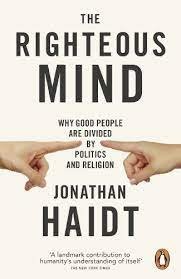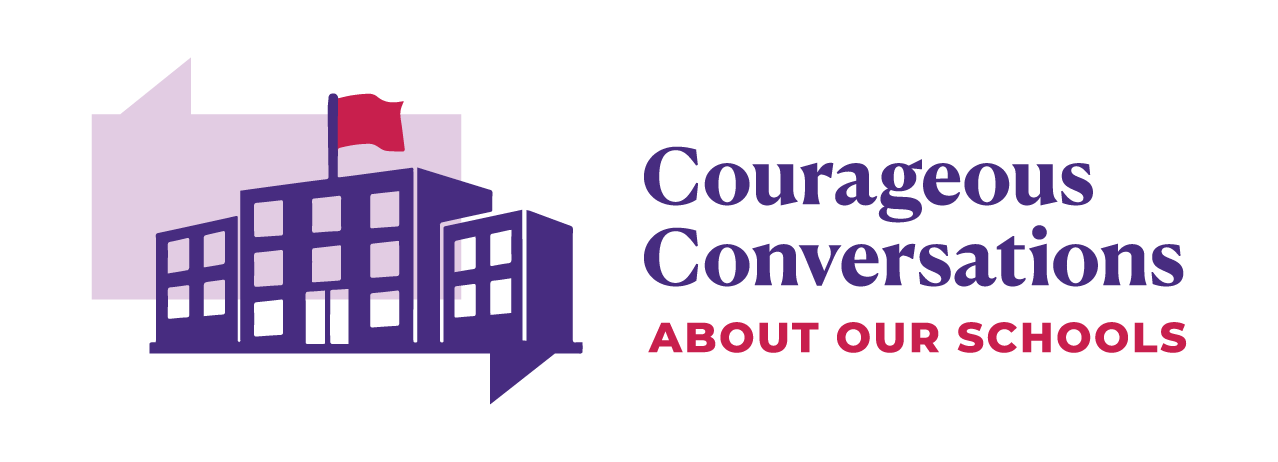Books, Articles, & Podcasts
-

High Conflict: Why We Get Trapped and How We Get Out
When we are baffled by the insanity of the “other side”—in our politics, at work, or at home—it’s because we aren’t seeing how the conflict itself has taken over.
That’s what “high conflict” does. It’s the invisible hand of our time. And it’s different from the useful friction of healthy conflict. That’s good conflict, and it’s a necessary force that pushes us to be better people.
-

The Righteous Mind: Why Good People Are Divided by Politics and Religion
Why can’t our political leaders work together as threats loom and problems mount? Why do people so readily assume the worst about the motives of their fellow citizens?
In The Righteous Mind, social psychologist Jonathan Haidt explores the origins of our divisions and points the way forward to mutual understanding. His starting point is moral intuition - the nearly instantaneous perceptions we all have about other people and the things they do. These intuitions feel like self-evident truths, making us righteously certain that those who see things differently are wrong.
-

How to Have Constructive Conversations by Julia Dahr, TED Salon: DWEN
"We need to figure out how we go into conversations not looking for the victory, but the progress," says world debate champion Julia Dhar. In this practical talk, she shares three essential features of productive disagreements grounded in curiosity and purpose. The end result? Constructive conversations that sharpen your argument and strengthen your relationships.
-

Conversations With People Who Hate Me with Dylan Marron
In an internet era characterized by comment section wars, devastating clapbacks, and anonymous vitriol, Dylan Marron explores what happens when online feuders step out from behind the keyboard and get to know the human on the other side of the screen. Join Dylan as he connects people who have clashed online – from old friends to complete strangers — to explore why we believe what we believe, how we relate to each other on the internet, and just what a phone call can accomplish.
-

The Way Out: How to Overcome Toxic Polarization
Social psychologist Peter T. Coleman explores how conflict resolution and complexity science provide guidance for dealing with seemingly intractable political differences.
Deploying the concept of attractors in dynamical systems, he explains why we are stuck in this rut as well as the unexpected ways that deeply rooted oppositions can and do change. Coleman meticulously details principles and practices for navigating and healing the difficult divides in our homes, workplaces, and communities, blending compelling personal accounts from his years of working on entrenched conflicts with lessons from leading-edge research. The Way Out is a vital and timely guide to breaking free from the cycle of mutual contempt in order to better our lives, relationships, and country.
-

I Never Thought of It That Way: How to Have Fearlessly Curious Conversations in Dangerously Divided Times
Whether you're left, right, center, or not a fan of labels: If you're ready to fight back against the confusion, heartbreak, and madness of our dangerously divided times—in your own life, at least—Mónica's got the tools and fresh, surprising insights to prove that seeing where people are coming from isn't just possible. It's easier than you think.

